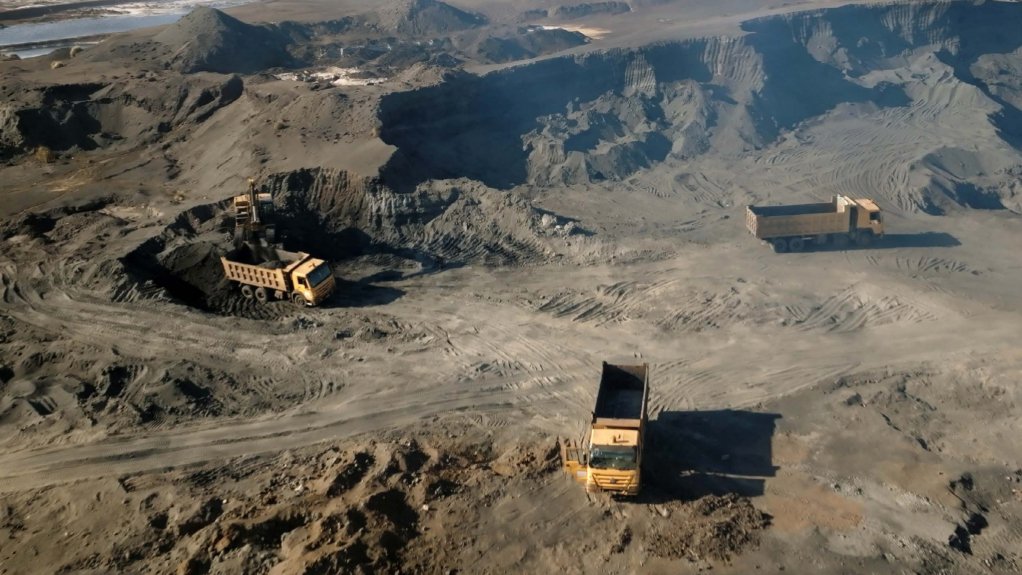- Poisonous Profit: Lead Waste Mining and Children’s Right to a Healthy Environment in Kabwe, Zambia4.23 MB
Kabwe, the capital of Zambia’s Central Province, is one of the most lead-polluted places in the world because of contamination from a former industrial lead and zinc mine and smelter. Lead is a heavy metal that is highly toxic to humans when ingested or inhaled, particularly to children and women during pregnancy. The mine, which was established during the British colonial period and officially closed in 1994, has never been cleaned up. Decades of mining and smelting operations have resulted in an estimated 6.4 million tons of lead-bearing waste piles.
Up to now, lead dust from the former mine’s large, uncovered waste dumps blows across nearby residential areas and contaminates homes, yards, schools, and roads, exposing up to 200,000 people. Medical researchers estimate that over 95 percent of children living near the former mine have elevated lead levels in their blood, and that about half of these children urgently require medical treatment. The United Nations has described Kabwe as a “sacrifice zone”—an area where communities suffer from extreme exposure to pollution and toxic substances.
Lead waste in Kabwe also presents a business opportunity: Numerous businesses are mining, trading, and processing lead waste at the former mine and its surroundings. Since mid-2023 and throughout 2024, businesses and individuals have removed large amounts of lead waste from the area and transported it to different locations in Kabwe, apparently for processing. Piles of dark, sandy material, several meters high, have started to appear by roadsides and outside processing plants. The piles are unfenced, and there are no signs warning that it is lead waste. Mining, removal, and transport of the waste has generated more lead dust and spread it to other parts of Kabwe, resulting in huge additional health risks for people who have already been exposed to toxic lead for decades. The government has failed to stop these highly dangerous activities and to protect people’s right to a healthy environment.
Globally, zinc and lead are highly sought-after metals, including for phasing out fossil fuels and transitioning to renewable energy. Zinc is a key metal in wind turbines and is also needed for solar and hydro power. Lead is used in solar energy, as well as in batteries and hydropower. Vanadium, another metal previously mined in Kabwe and still present in the mine waste, is used in batteries. The Zambian government has designated zinc and lead in Kabwe as “critical minerals” needed for the global energy transition.
Report by the Human Rights Watch
EMAIL THIS ARTICLE SAVE THIS ARTICLE ARTICLE ENQUIRY FEEDBACK
To subscribe email subscriptions@creamermedia.co.za or click here
To advertise email advertising@creamermedia.co.za or click here











